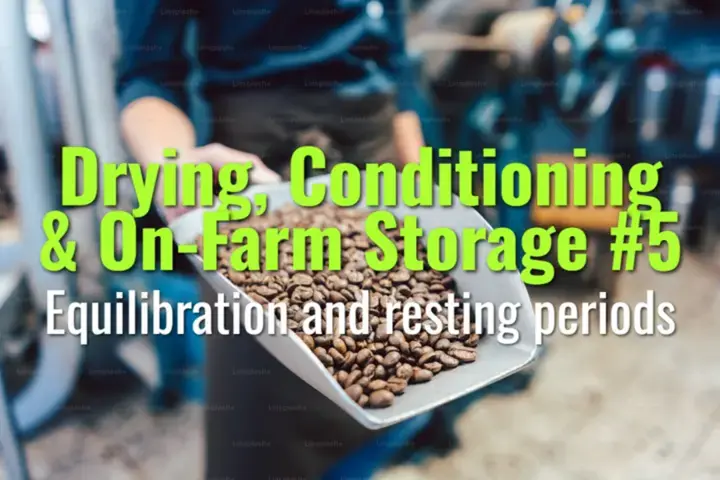
Equilibration and resting periods
This topic explains equilibration and resting periods in parchment coffee storage, how they stabilize moisture and flavor, and why they are essential before hulling and export.

This topic explains equilibration and resting periods in parchment coffee storage, how they stabilize moisture and flavor, and why they are essential before hulling and export.
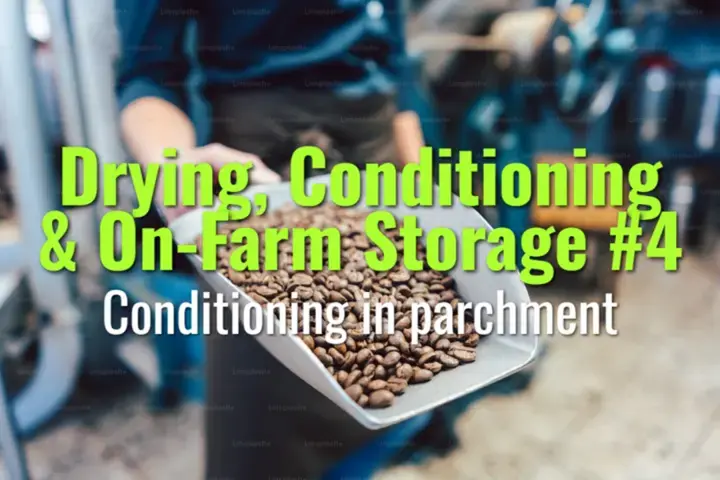
This topic explains the role of conditioning in parchment coffee after drying, how it stabilizes beans before hulling, and why this step is vital for flavor consistency and market quality.
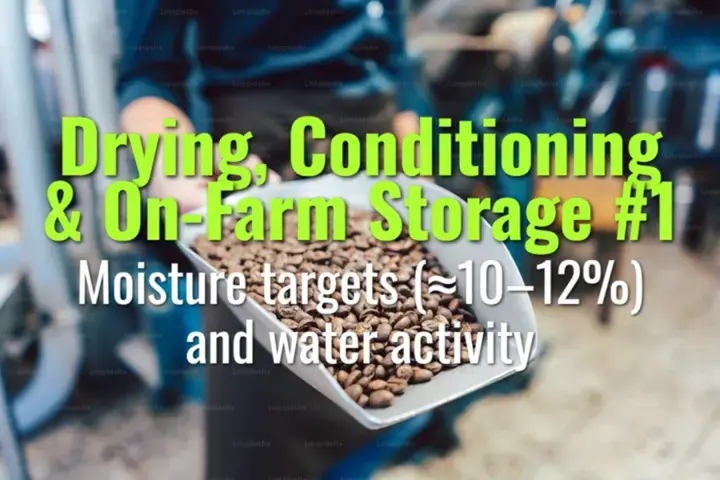
This topic explains the importance of hitting correct moisture content and water activity targets in coffee drying, why they matter for stability and quality, and how farmers measure and manage them.

This topic explains the practice of soaking coffee after fermentation, why some origins use it, and how it affects flavor, cleanliness, and consistency in washed coffee profiles.
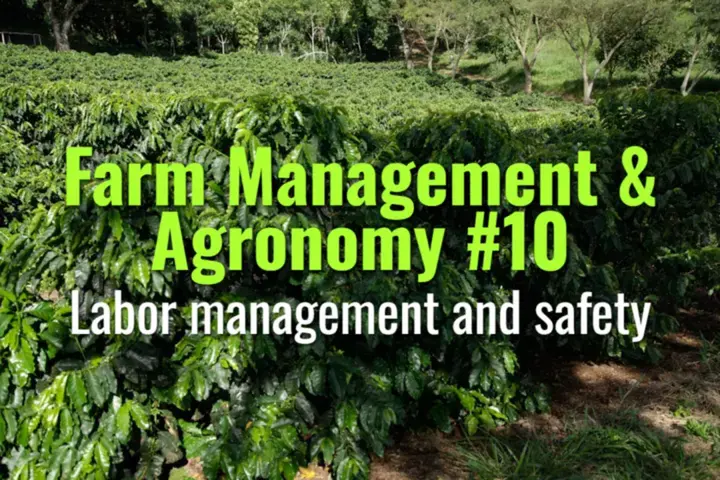
This topic covers the principles of labor management and worker safety in coffee farming, including recruitment, fair practices, health protection, and compliance with ethical and legal standards.
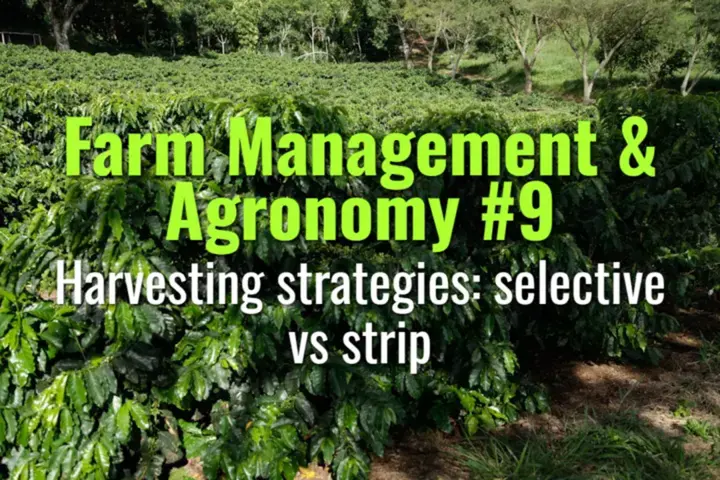
This topic explains the two main coffee harvesting strategies—selective picking and strip harvesting—highlighting their methods, advantages, disadvantages, and impact on quality and yield.